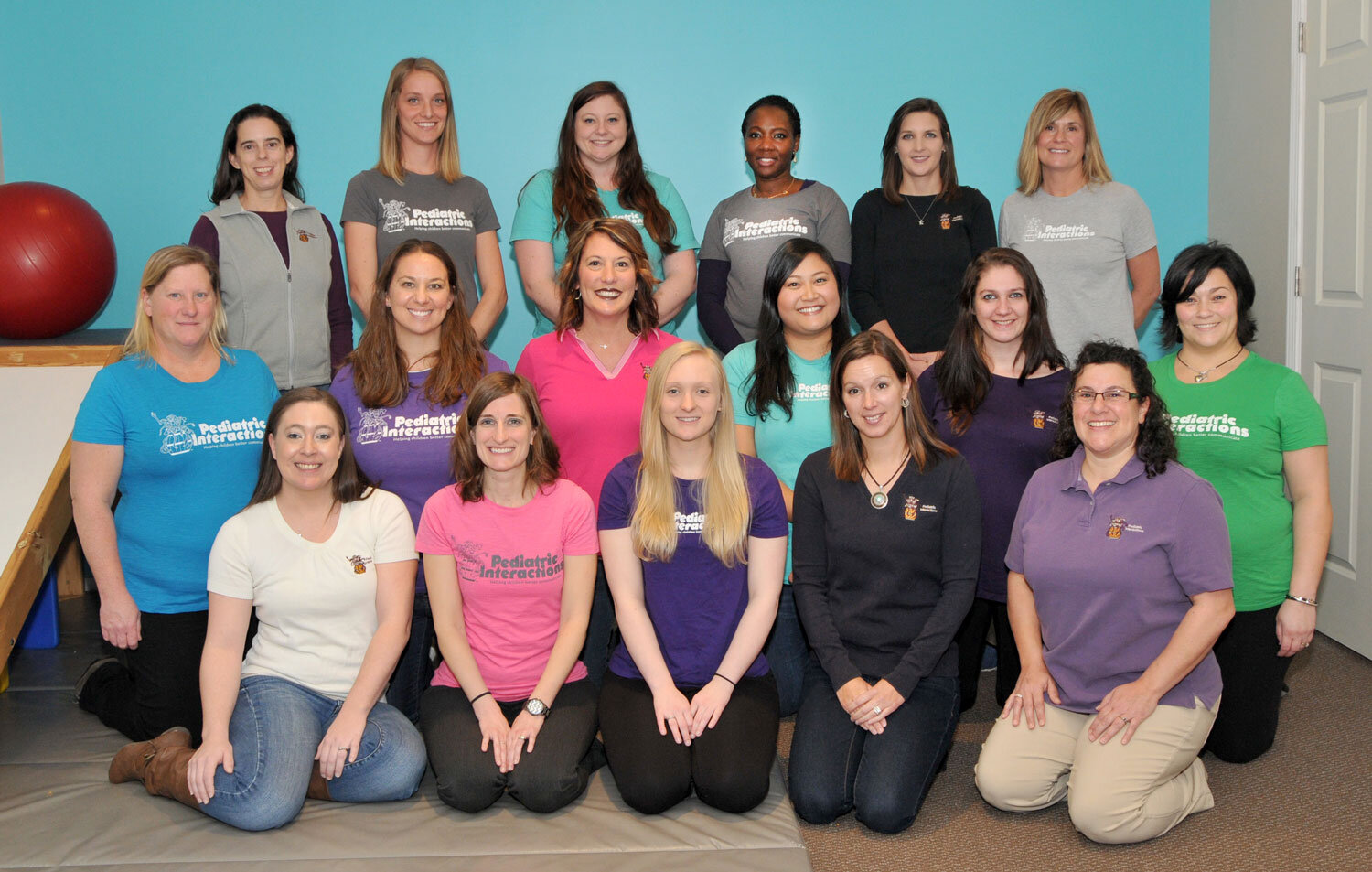6 Steps to Transition to Adulthood
It seems that life raising a child with a disability is plagued with scary moments: the moment you received the diagnosis, the first IEP meeting, and puberty. Those moments have been stepping stones along the way leading you to where you are right now. Hopefully, you have not felt like you were alone in this. Along the way, there were service coordinators in Early Intervention, teachers, therapists, and community workers that have lent their support in helping you fortify your young adult’s independence for this very important milestone; Transition to Adulthood. Here are some additional things you can do to help ensure a successful transition to adulthood.
1.Set Up Financial Security.
At Pediatric Interactions, Inc., we have worked very hard to employ therapists, cultivate our management team, and develop a vision that will support families so they never have to feel alone! Now that you have surpassed the early stages and your child is finished with school, what kind of support can there possibly be? There are multiple resources available (e.g., PUNS list, Social Security) from which you can learn steps to take for financial security for your young adult, independent living, and employment. As speech-language pathologists, the team at Pediatric Interactions, Inc. works on empowering families with the strategies needed to develop those skills necessary for further education (such as the Personal Success Program at the College of Lake County), future employment, and independent living. Our staff develop goals for those in transition stages so that they can use their communication skills in a variety of settings, understand their job coaches instructions, and establish those executive function skills that will help them thrive in an independent living setting. And let’s be honest, isn’t that what we all want for our children? We want them to be able to learn new things, care for themselves, have a job, and have friends.
2.Work with the School Program.
Most high school transition programs offer great support and provide job coaches that assist your young adult in learning how to function within a job setting. The role of a speech-language pathologist is to help with the underlying skills needed for those bigger goals. Pediatric Interactions, Inc., engages young adults and makes activities exciting so that they have fun while learning. Using a variety of techniques, our own innate talents (e.g., music abilities, performing arts, dance, and more), and skilled training, we work with families to establish executive function skills. You have probably heard this term, possibly without really knowing what it means. This skill is when you observe or note something in your mind that either prompts you to complete an activity or to initiate one. This is essential in performing well within the confines of the work environment. We need this skill for so many reasons such as recognizing when something we need for a job is missing, going to a supervisor/boss when a task is completed, we see something out of place so we put it where it belongs. It is the skill that lets us know, we need to get up when our alarm goes off, or we will need to do the wash when we notice our laundry has piled up and so much more.
3.Teach Skills in Real World Tasks.
Who can you turn to help your young adult continue to learn concepts within a context that makes sense? A speech-language pathologist can! We take concepts important to real world jobs and apply them to task specific activities that help learning take place. A better way to learn the concept of on top might be stacking fruits and vegetables for a display. Doesn’t that seem easier to understand than circling a 2 dimensional picture of stacks of wood or other items on a piece of paper? So many concepts are embedded in our day to day lives that we often don’t even realize it. How many times do we push, pull, put something in, take something out? When we address these concepts during job oriented or task specific activities we are pairing the motor plan that goes with it. This allows the brain to better understand and remember, not only the concepts, but how to do the task itself.
4.Practice Skills in the Community.
Our young adults have grown beyond the typical or traditional therapy setting. Now is the time to go into the community to perform tasks like grocery shopping, learning what to do during a trip to the laundromat, or eating out at McDonalds with a friend! These are the things that increase your young adult’s level of independence. This sounds like fun doesn’t it? It sounds easy too, right? But as parents how often have we been conditioned to help our children? Watching a child or young adult struggle is not an easy task at all. In the community, therapists work on decreasing the amount of support we give our young adults so that we can increase their independence. It is so easy to fall back into that helping role as parents or caregivers. If our young adult is not understood, what do we do? Of course, we repeat what we know they are saying. As we struggle to make our young adults more independent, we need them to begin to understand how to resolve breakdowns in communication. Do our young adults have a picture system or a device for support when they are not understood? When they don’t understand something a speaker shares with them, do they know what to do? It seems there are more questions than answers here. These are all things that can be targeted through therapy. Work with your speech-language pathologist to help your young adult with community directed tasks.
5.Your Child’s Hobbies/Interests
As the parent of young adults with disabilities, you are encouraged to continue to seek out services and community based activities that fit your young adult. If they like music, do they want to learn to play an instrument? Do they like movies? Maybe a job in the theater is just the ticket for him or her. Your young adult may love amusement parks, so why not check out a job at Six Flags. You know your child better than anyone else does. You know your child in a way that no one else does. You know their strengths. This is your focus for a solid foundation of development into adulthood. Capitalize on their strengths and watch how they blossom into the independent, young adult you always hoped they would be.
6.Encourage Independent Living
It can be scary to think of our children growing up and getting older. Not only does it mean we are getting older but one day, they will not have us for support. There are options and opportunities for your young adult. Be sure to look for financial assistance and support services such as housing support, and service animals. Work with your teachers, therapists, and community to help teach your young adult on how to get and use a savings account. The Division of Rehabilitation Services, part of the Department of Human Services, has many resources to help support your young adult as they continue to get older and need continued care. If you are in Illinois, check IDHS for additional resources available to residents with disabilities.
Whatever stage your child is at, littles to young adults, know that you are not alone. Please reach out to those around you for resources. We are happy to help at Pediatric Interactions, Inc. for your therapy needs and/or to provide you with resources that may be helpful: www.PediatricInteractions.com and follow us on Facebook.










